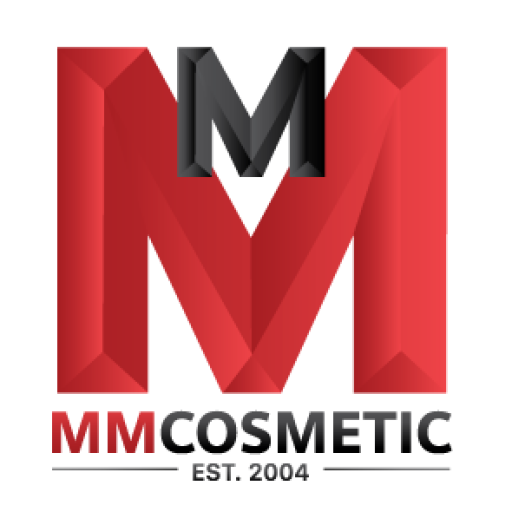In the dynamic world of cosmetic manufacturing, both Original Equipment Manufacturer (OEM) and Original Design Manufacturer (ODM) companies play a crucial role in bringing a diverse range of beauty products to the market. However, navigating the complex landscape of regulatory compliance is a critical aspect of ensuring product safety and adherence to standards. In this article, we will explore the challenges and strategies for ensuring regulatory compliance in OEM/ODM cosmetic manufacturing.
Understanding OEM/ODM Cosmetic Manufacturing
OEM/ODM manufacturing involves the production of cosmetics and skincare products by third-party manufacturers for other brands, which then label and market the products as their own. While this business model offers brands the flexibility to create a wide array of products without the need for in-house production facilities, it also comes with the responsibility of ensuring regulatory compliance.
Regulatory Challenges in Cosmetic Manufacturing
The cosmetic industry is subject to stringent regulations and standards, which vary from one region to another. Navigating these complex regulations can be a daunting task, especially for OEM/ODM manufacturers who must meet the diverse requirements of multiple brands and international markets. Some common regulatory challenges include:
1. Ingredient Safety : Ensuring that ingredients used in cosmetic products are safe and do not pose any health risks to consumers is a top priority. OEM/ODM manufacturers must carefully select ingredients and assess their safety through various tests and evaluations.
2. Labeling and Claims: Proper labeling of cosmetic products, including ingredient lists and product claims, is essential for regulatory compliance. Brands rely on OEM/ODM manufacturers to provide accurate and compliant labeling.
3. Testing and Documentation: Extensive product testing and documentation are required to prove the safety and efficacy of cosmetic products. This includes tests for stability, preservative efficacy, and microbiological safety, among others.
4. Packaging and Labeling Regulations: Compliance with packaging and labeling regulations is essential to prevent misbranding or mislabeling issues. Regulations may include specific font sizes, label placement, and more.
Strategies for Regulatory Compliance
To ensure regulatory compliance in OEM/ODM cosmetic manufacturing, several strategies can be implemented:
1. In-Depth Regulatory Knowledge: Staying informed about regional and global cosmetic regulations is essential. OEM/ODM manufacturers should maintain a dedicated regulatory affairs team or work with experts who specialize in cosmetic regulations.
2. Documentation and Record Keeping: Maintaining comprehensive records of the entire manufacturing process is crucial. Detailed documentation of ingredient sourcing, formulation, testing, and quality control processes helps demonstrate compliance.
3. Quality Control and Testing: Implementing rigorous quality control processes and conducting thorough product testing is vital. Ensuring that products are free from contaminants and meet established safety and quality standards is a fundamental requirement.
4. Collaboration with Regulatory Authorities: Building strong relationships with regulatory agencies can provide valuable insights and guidance on compliance matters. Open communication can help resolve issues and prevent regulatory hurdles.
5. Regular Updates and Training: Continual education and training for employees is essential to keep up with evolving regulations. Staying current with industry best practices and new regulatory requirements is vital.
6. Third-Party Audits: Regular third-party audits can help OEM/ODM manufacturers identify areas of improvement and maintain compliance with regulations. These audits provide an objective assessment of manufacturing practices.
Navigating regulatory compliance in OEM/ODM cosmetic manufacturing is a complex but necessary undertaking. OEM/ODM manufacturers are entrusted with the responsibility of ensuring that the cosmetics they produce meet the safety and quality standards required by the beauty industry and regulatory authorities. By staying informed, implementing rigorous quality control, and maintaining meticulous documentation, OEM/ODM manufacturers can not only meet these requirements but also build trust with the brands they serve, contributing to the overall safety and integrity of the cosmetic market.
MM Cosmetic Sdn. Bhd. is one of the best OEM Skincare manufacturing in Malaysia which located in Ulu Tiram, Desa Cemerlang, Johor Bahru. Our OEM Skincare factory produce a range of skincare such as facial mask, serum, ampoule, shower gel, pimple cream, foundation and many more. Our OEM Skincare company also act as 1 stop center to create your own OEM Skincare product included design for the product packaging too. MM Cosmetic choose the best ingredients and raw material for our beloved customer and mostimportantly we produce Halal OEM Skincare to all Malaysian.

